With the internet being such a huge place, pretty much anyone can find a space for themselves on the web. According to Statista, around 66% of the world’s population uses the internet and 64% are on social media platforms, causing many communities to form. Creating a sense of belonging for users all over the world, these communities cater to all sorts of subjects like gaming, music, sports and other common interests. Although social media sparks widespread discussions on every topic, it seems the line between virtual interactions and real life consequences continues to blur in many users’ eyes. The ability to hide behind a screen creates an overwhelming amount of conflict on the internet.
Since the internet’s creation, it has become one of the most used weapons in feuds. Ranging from diss tracks to snark pages, millions have taken to the internet to settle their beef. Some of the most popular pieces of media consist of direct disses on others. For example the Kanye West and Taylor Swift incident,which took place at the 2009 Video Music Awards, broke the internet and still manages to become relevant even now, almost 16 years later.
Music plays an important role in the process of internet disputes. Artists vocalize their critiques through their work, gaining attention from not only those invested in the drama, but also from their work alone regardless of the context behind it. “Not like us,” a diss track by Kendrick Lamar, received engagement from millions, breaking the record for the most weeks at No. 1 on Billboard’s Hot R&B/Hip-Hop Songs chart. Internet beef continues to be a powerful phenomenon within the music industry, shaping the careers of many artists.
Disputes between popular creators with huge fan bases create conflict not only for those actually involved, but for the observers as well. Celebrity feuds have sensationalized social media platforms and continue to grasp users’ attention, and as fans begin to choose their sides and give their two cents on apps like TikTok or X, full-blown internet wars break out.
Some fans in particular might be taking things too far. Parasocial relationships—the idea that fans are personally connected to celebrity influencers—enable behavior that most would consider inappropriate, such as disrespecting the privacy of the influencer and those closest to them.
While some feuds on the internet stem from the genuine dislike of one another, a lot of the time internet drama is nothing more than a publicity stunt and should be treated as such. In a world of clickbait beef, some authentic feuds stick out. A more recent example of internet beef, Alabama Barker vs. Bhad Bhabie (who is also known as Danielle Bregoli) continues receiving attention from new viewers every day, captivating the media with shades and diss tracks at one another. Situations vary, but clearly publicity motivates many to broadcast personal conflicts.
Internet beef provides entertainment without the hassle of real life repercussions, but the impact runs deeper than many think. Online harassment continues to affect millions of social media users. Many also forget to acknowledge the importance of digital footprints before posting a mean comment. In an era where screenshots can end careers, it cannot be recommended enough to remain respectful even from behind a keyboard.






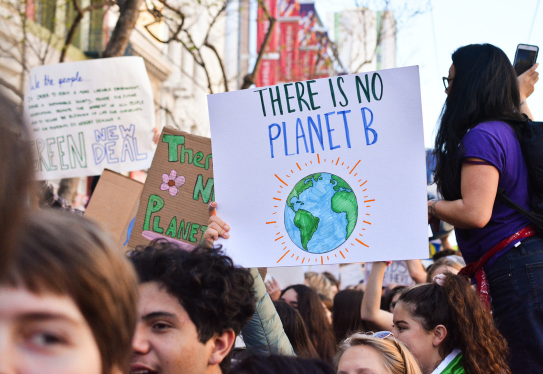









![[DEBATES] Prestigious colleges: value or hype?](https://www.mvviewer.org/wp-content/uploads/2024/12/buildings-1200x654.png)

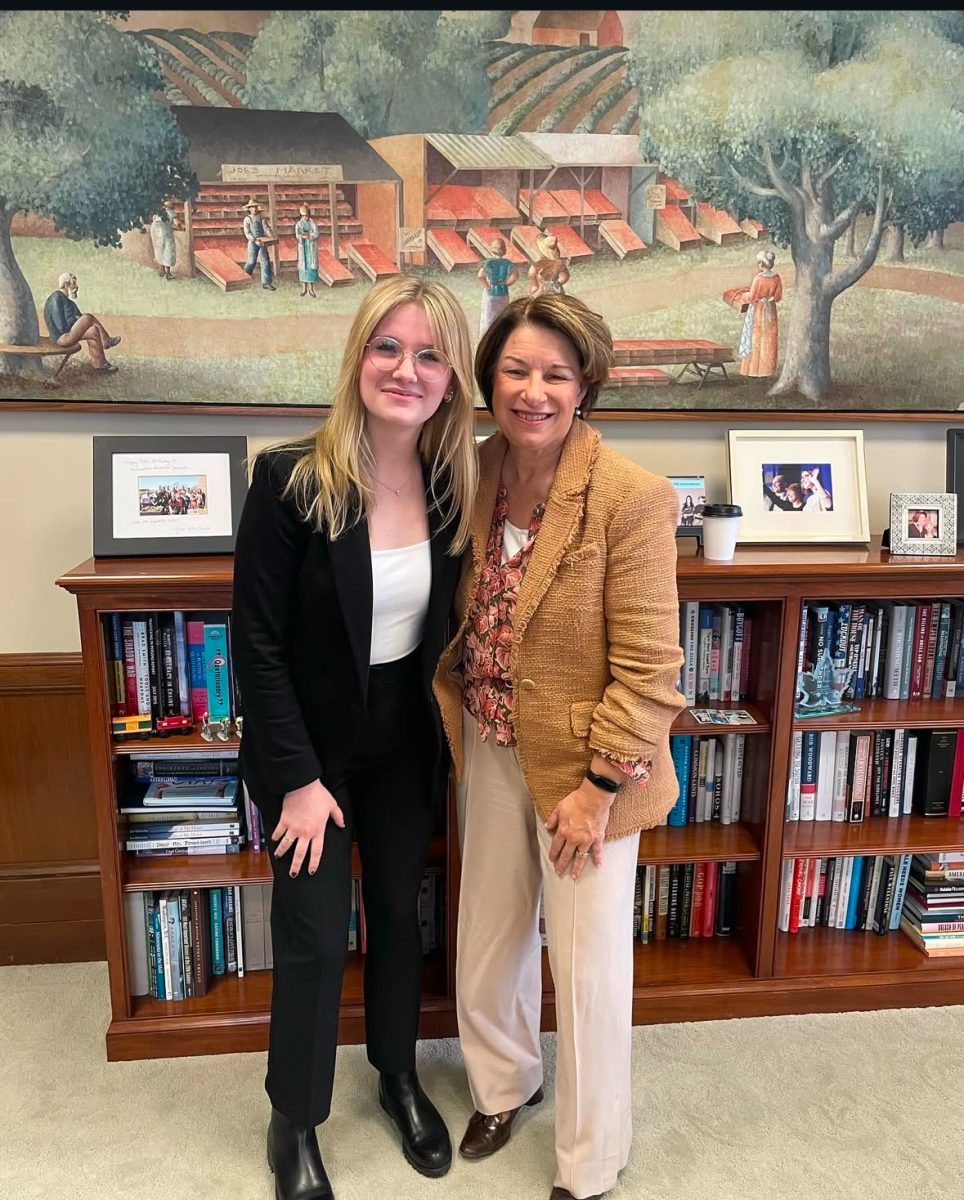


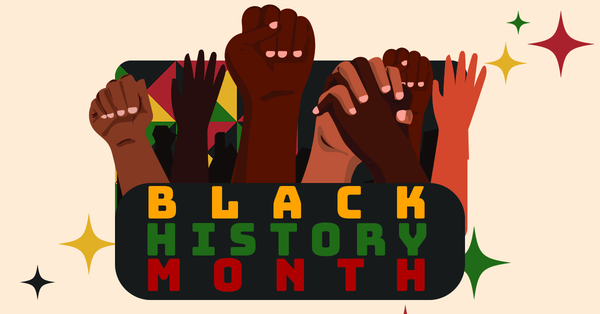







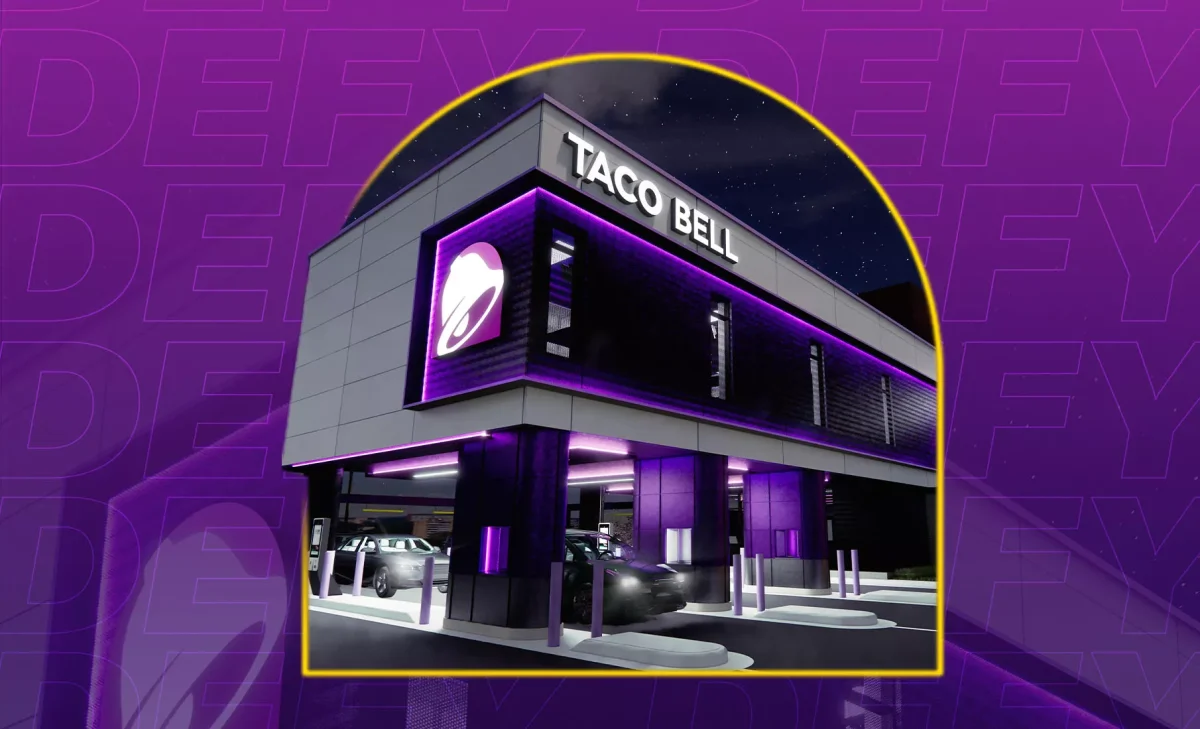









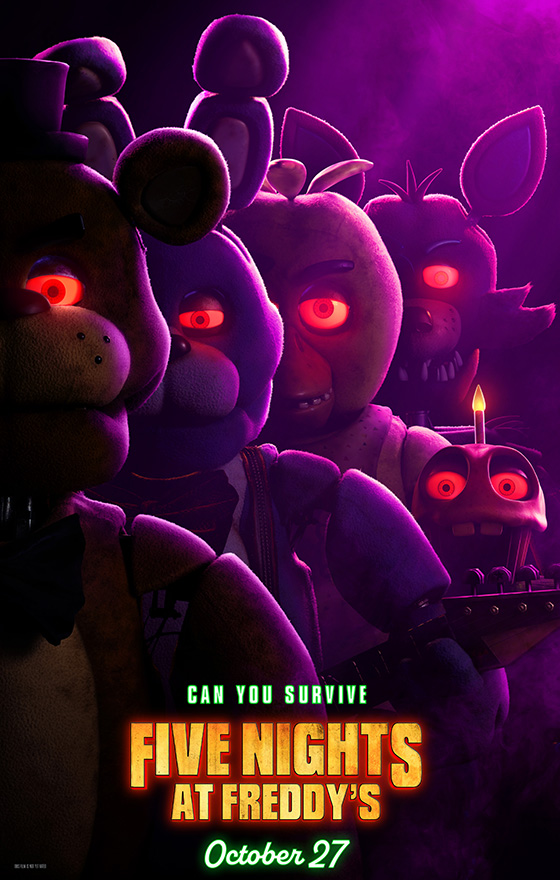









![[OPINION] The dark origins of TikTok's looksmaxxing trend](https://www.mvviewer.org/wp-content/uploads/2024/02/Copy-of-Copy-of-Untitled-Design-1200x675.png)









